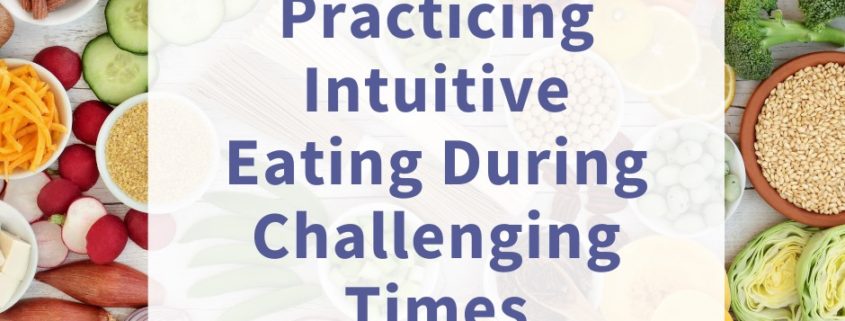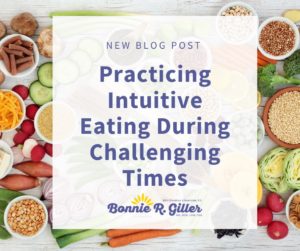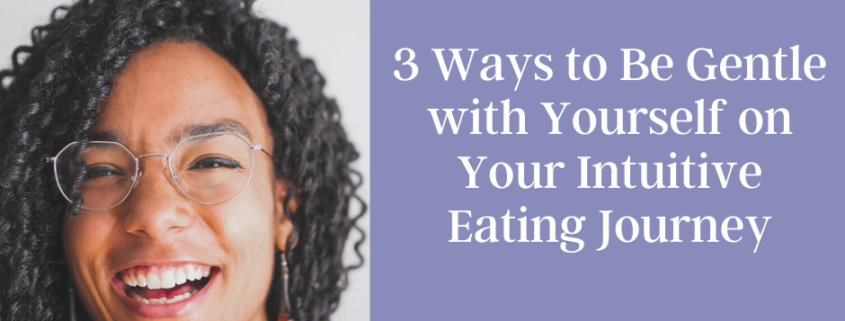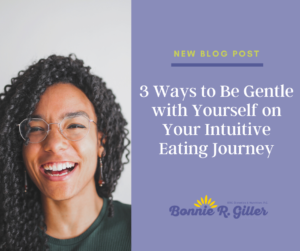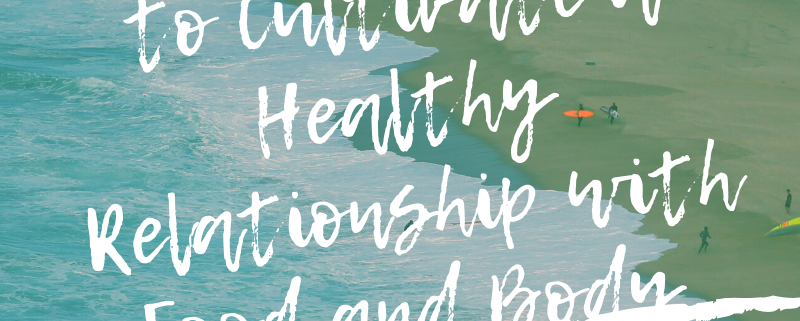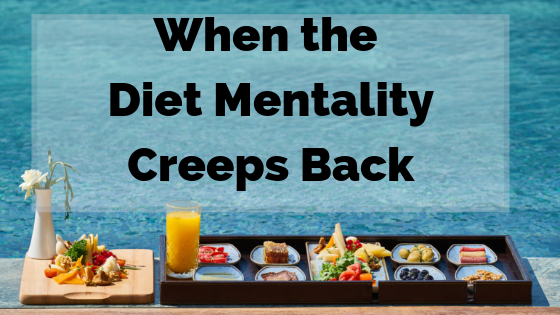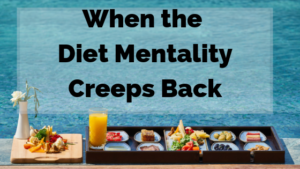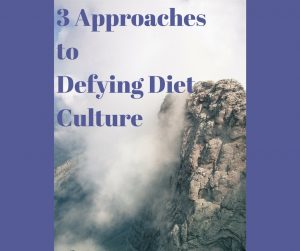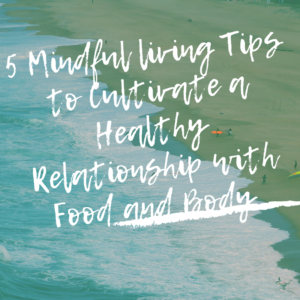 I’m really enjoying my focus of Mindful Living so far. I wrote about this intention for myself in last week’s blog…if you didn’t read it yet, click here.
I’m really enjoying my focus of Mindful Living so far. I wrote about this intention for myself in last week’s blog…if you didn’t read it yet, click here.
I am making a concerted effort to be present in everything I do. Last Saturday night, my husband and I went out with some friends. I told my husband that I planned to NOT look at my phone the entire night so I can be present with my friends. I invited him to do the same. We had a great time, engaging in the conversation and laughing…A LOT! Laughter is so good for the soul, let me tell you. It was great.
I gave some thought as to what other areas I can be more mindful and I am sharing them with you in today’s blog. You may find these helpful for yourself on your journey towards a healthier relationship with food and body.
5 Mindful Living Tips
Tip #1. Be Present While Prepping Your Meals
In truth, when I am cooking, I am often listening to a podcast, talking on the phone or daydreaming. Very rarely am I engaging with the actual food prep. I’ve decided to change that. I’m practicing being fully present while chopping the veggies for the salad and hearing their crispness, stir-frying the onions and peppers and listening to the sizzle, and taking in the wonderful aroma of the simmering chili. All this awareness has increased the satisfaction of my meals.
Tip #2. Get More Quality Sleep
I find that doctors don’t talk enough about sleep, but sleep is critical to well-being. While the general recommendation is to get 7 to 9 hours of sleep each night, each person is individual and some need more or less. Sufficient sleep allows your body to rest and repair and be more attentive and productive the next day.
I’ve had some trouble sleeping lately and it’s really affected my energy level. My husband surprised me and bought me a weighted blanket. I had never really heard of them, and when I did some research, I found that weighted blankets are useful for a number of conditions, including difficulty sleeping.
It took me some time to get used to it, but I have to say that it has helped my sleep. It’s not only quantity of sleep (in other words how many hours you get) that’s important, but it’s also quality of sleep. This weighted blanket is allowing me a deeper, more peaceful sleep. I’ll keep you updated as to how this progresses for me.
Tip #3. Find a Physical Activity You Enjoy
Moving your body in a way that feels good for you is very important. If you exercise because you think you “should”, chances are you’re not really loving it and you’re going to burn out. For me, I love exercise and moving my body. But I have found over the years that the type of exercise I enjoy has changed.
As part of my mindful living intention, I’ve been staying fully present during my workout sessions. When my mind wanders (which is does!), I gently bring it back to the present moment. What I’m finding is that by being fully present in this manner, I am more tuned in to how I feel during and after the exercise.
Just today when I finished my workout at the gym, I thought to myself, “I really don’t enjoy the treadmill and elliptical anymore”. I generally mix up my workouts during the week…sometimes I take a class at the gym, sometimes I walk/run on the treadmill/elliptical and sometimes I work out at home using my DVDs. I used to really enjoy my time on the treadmill/elliptical because it was a time that I can catch up on my TV shows that I don’t get a chance to watch. But today, I realized that I don’t enjoy that anymore. My body feels so much better after I take a class, be it kickboxing, dance, weight training etc. I love moving to the music and the comradery of the other ladies in the class.
My new mindfulness practice has made me aware of this, and I will be making a change in how I move my body.
What about you? What feels right in your body?
Top #4. Experiment with Meditation
As much as I talk about the benefits of meditation, I’ve had trouble getting into a consistent practice. My initial vision of meditation years ago was sitting on a cushion, feet crossed , thumb and pointer finger pinched together – you get the idea. But I’ve since learned that there is no one way to mediate. Do what feels right for you.
I’ve used some apps such as Calm and Headspace, but nothing regularly. So I will be experimenting with using these apps more consistently, likely before I get under my weighted blanket in the evening.
Do you have any tips for meditation? Let me know in the comments please!
Tip #5. Put an End to Negative Body Talk
When we talk to ourselves, we can be our own worst critic, do you agree? Most often, when we are being harsh with ourselves, we say things that we would never think of saying to a friend.
Why is that okay? It’s not!
In my experience working with my clients, this negative talk comes up mostly around body shape and size. Thinking of your body in a negative, shameful manner causes damage to your self-esteem. Your body’s job is to keep you alive, and it works hard to do so.
What if you tried to treat yourself and your body with pure compassion and kindness? Pay yourself a compliment each day about your amazing characteristics that others love about you.
In my quest to live more mindfully, if I try on an outfit and don’t like the way it looks, I will pay attention to the words I say. It’s not my body that is the problem. This dress, pants, or outfit is just not cut for my body. Period, end of story.
There you have it. Five mindful living tips to help you cultivate a healthy relationship with food and body in this new year. Which will you join me in? Comment below?
Need help living your life more mindfully? Click HERE to schedule a complementary chat. Looking forward to connecting.
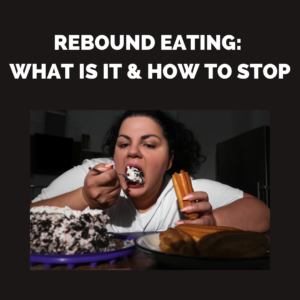 You may have heard the term “rebound eating” and find yourself asking “what is this”?
You may have heard the term “rebound eating” and find yourself asking “what is this”?

